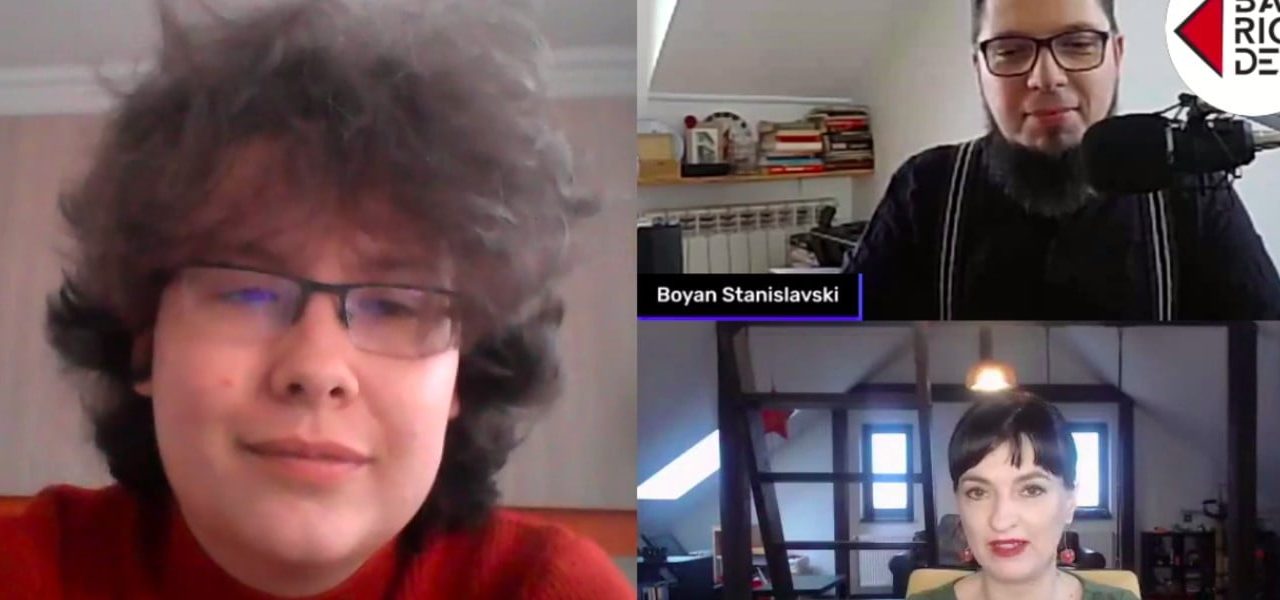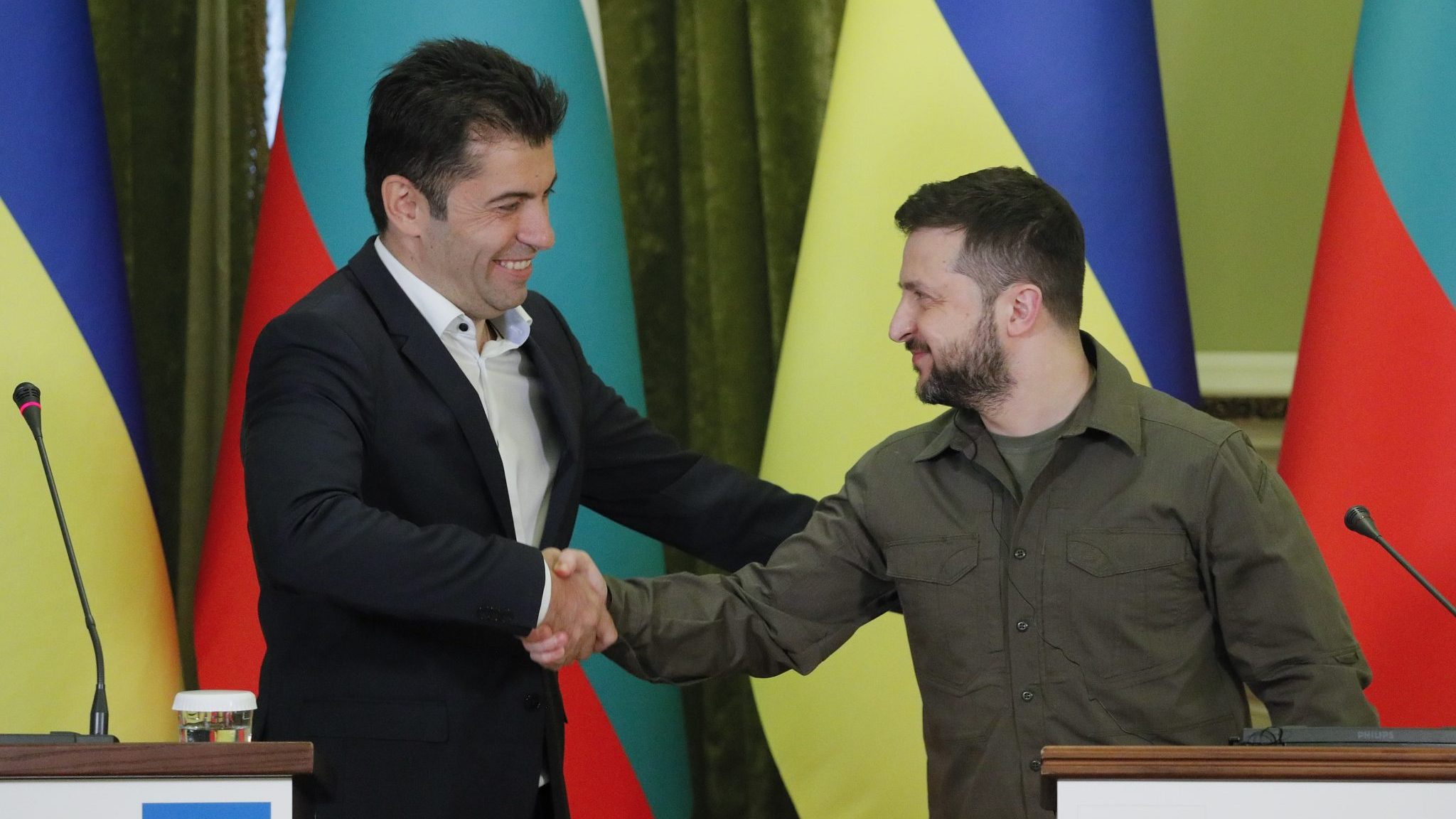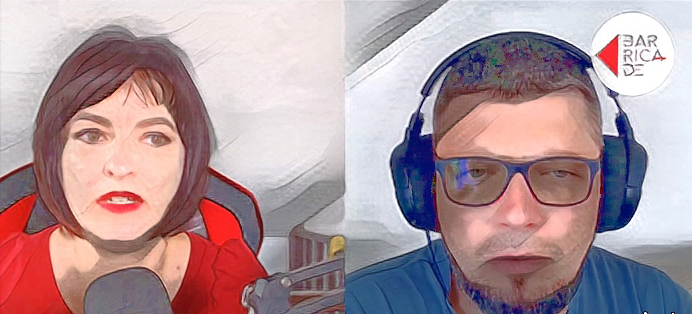The Polish-Belarussian border became a place of utter terror for thousands of Middle Eastern migrants who were enticed by Belarussian dictatorial leader Lukashenko with the prospect of easy access to the European Union. The Polish border guard retaliated in the most ruthless way possible, hunting them down in the woods, rounding them up in military trucks, and evicting them across the border. In the worst-case scenario, rubber bullets are fired at those attempting to cross the border while border police are present. There have been disturbing reports of women giving birth in the woods, children spitting blood being denied medical attention, and rumors of silent orders to bury dead bodies on the spot without reporting them. Activist groups that try to assist migrants by delivering blankets, sleeping bags, food, and water face a lot of danger. On the Polish side, the strip of land is under emergency law, and any such actions are strictly prohibited. The impression is one of a war raging in the towns and villages in that area. Every corner is guarded by masked uniformed soldiers wielding machine guns. Helicopters and drones are constantly in the air. On the main roads, massive columns of military and police vehicles can be seen. The humanitarian situation is deteriorating.
While the EU backs the Polish authorities’ harsh retaliation, it finds itself in an odd conflict with the Polish government in Warsaw, accusing it, along with the so-called democratic opposition in Poland, of attempting to disintegrate the European Union and stage a Polexit. Of course, it’s complete nonsense.
In this special episode produced in collaboration with The Analysis, Maria Cernat (Romania) and Boyan Stanislavski (Bulgaria) of “The Barricade” and Malgorzata Kulbaczewska-Figat (Poland) of “STRAJK” discuss these topics.
The Barricade is an independent platform, which is supported financially by its readers. If you have enjoyed reading this article, support The Barricade’s existence! See how you can help – here!
Also, you can subscribe to our Patreon page. The Barricade also has a booming Telegram channel, a Twitter account and a YouTube channel, where all the podcasts are hosted. It can also be followed in Rumble, Spotify, SoundCloud and Instagram.











